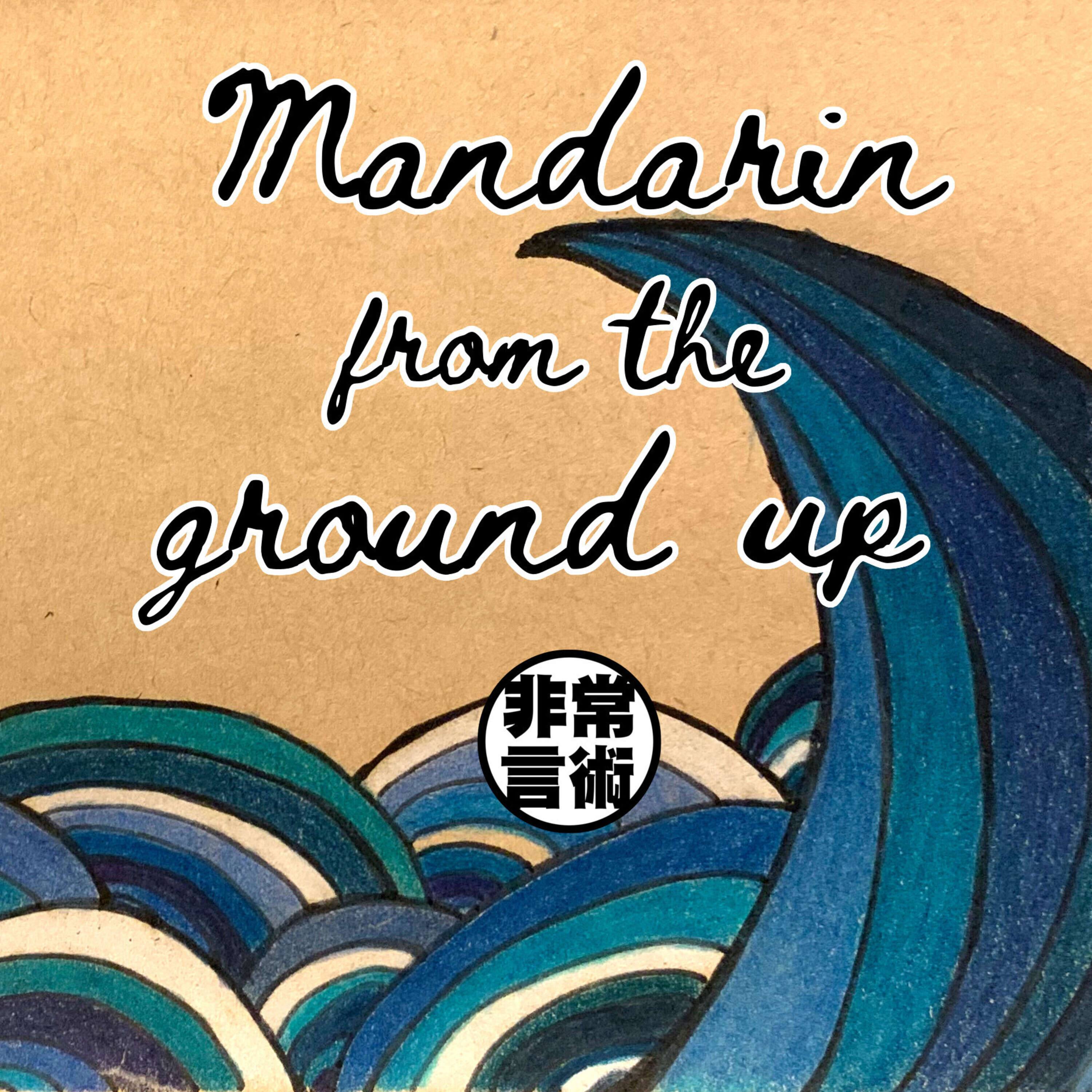- After-Shows
- Alternative
- Animals
- Animation
- Arts
- Astronomy
- Automotive
- Aviation
- Baseball
- Basketball
- Beauty
- Books
- Buddhism
- Business
- Careers
- Chemistry
- Christianity
- Climate
- Comedy
- Commentary
- Courses
- Crafts
- Cricket
- Cryptocurrency
- Culture
- Daily
- Design
- Documentary
- Drama
- Earth
- Education
- Entertainment
- Entrepreneurship
- Family
- Fantasy
- Fashion
- Fiction
- Film
- Fitness
- Food
- Football
- Games
- Garden
- Golf
- Government
- Health
- Hinduism
- History
- Hobbies
- Hockey
- Home
- How-To
- Improv
- Interviews
- Investing
- Islam
- Journals
- Judaism
- Kids
- Language
- Learning
- Leisure
- Life
- Management
- Manga
- Marketing
- Mathematics
- Medicine
- Mental
- Music
- Natural
- Nature
- News
- Non-Profit
- Nutrition
- Parenting
- Performing
- Personal
- Pets
- Philosophy
- Physics
- Places
- Politics
- Relationships
- Religion
- Reviews
- Role-Playing
- Rugby
- Running
- Science
- Self-Improvement
- Sexuality
- Soccer
- Social
- Society
- Spirituality
- Sports
- Stand-Up
- Stories
- Swimming
- TV
- Tabletop
- Technology
- Tennis
- Travel
- True Crime
- Episode-Games
- Visual
- Volleyball
- Weather
- Wilderness
- Wrestling
- Other
S3 ~ 04 ~ The park is extremely safe 公園非常安全
Be mindful of how you're feeling when you practice these lessons. Are you feeling excited and energized? Tired and doubtful? Distracted? Focused? Without passing any judgment on how you feel, observing your feelings or state of mind can offer clues about how and whether you might want to adjust your practice. For example, about a month ago I noticed that my language practice was starting to bore me a little. This was after many months of smooth sailing, during which I had been feeling motivated and everything had seemed interesting. Suddenly, I found myself getting distracted more and more easily, and even skipping days of practice. Instead of heaping on the self-judgment, as I might have done in the past, this time I decided to listen to what this feeling was telling me. After some introspection, I realized I had been starting to get burned out. At first I had been ignoring this feeling, because I felt so much pressure to keep improving. Recognizing and accepting the source my of waning motivation was a huge relief. I wound up deciding to take a short break, and then continue practicing but with an emphasis, for the time being, on just speaking with real people, which I personally have always found the greatest motivator for learning another language. As with life, there is no one-size-fits-all solution to learning a language, which is why tuning into your internal state now and then can be such a helpful source of guidance. Lesson Outline:
[00:21] Introduction
[01:55] Introduction part 2: Slowing down the magic phrase practice
[02:50] Magic Phrase
[04:16] Break down and practice the Magic Phrase
[11:55] Tone Pair Safari: Dialogue
[13:59] Translation of the Dialogue
[19:56] Dialogue, Slow Version
Magic Phrase (1-2)
This phrase is composed entirely of words that use the 1-2 tone pair. We use it to practice identifying and then pronouncing the tones, hearing how they interact with each other in context. 雖然公園非常安全,阿姨居然失眠!
Suīrán gōngyuán fēicháng ānquán, āyí jūrán shīmián!
雖然 / suīrán / although, even though
公園 / gōngyuán / park ("public garden")
非常 / fēicháng / extremely ("not common, not normal")
安全 / ānquán / safe
阿姨 / āyí / aunt, auntie, a woman approximately the age of one's parents
居然 / jūrán / unexpectedly, surprisingly
失眠 / shīmián / to suffer from insomnia ("lose sleep") Tone Pair Safari (1-2)
Once we are familiar with the 1-2 tone pair, we listen to a new dialogue that is filled with more words that use this tone pair. In doing so, we sharpen our listening skills by practicing paying attention to the tones we hear.Transcript of the dialogue (Chinese characters only)S:歡迎光臨我的空調商店,我專門賣空調!你需要什麼嗎?
K:你終於開門了!
S:你有什麼需求嗎?
K:我要抓狂了!
S:你的精神看起來不太好。
K:當然啊!
S:怎麼了?
K:我的兒子。
S:你的兒子怎麼了?
K:他要出國了!
S:是嗎?
K:他說不要我干涉他的私人生活!
S:你有在干涉嗎?
K:沒有!我只是跟他說,刷牙要堅持!
S:然後呢?
K:他不聽話!我的兒子糟透了!
S:你要不要試著不要批評他,對他溫柔一點。
K:可是生活有規則啊!
S:你需要跟他溝通。
K:我不行!你要幫我!
S:… 你要買空調嗎?
K:沒關係啦,我試著跟他溝通好了。謝謝你。
S:謝謝光臨!
Transcript of the dialogue (w/ pinyin and translation)
Use this as a visual listening guide, or if you want to check your tone comprehension. Tones are indicated by marks above the letters in the pinyin transliteration, as follows: (1) ā (2) á (3) ǎ (4) à
S:歡迎光臨我的空調商店,我專門賣空調!你需要什麼嗎?
Huānyíng guānglín wǒ de kōngtiáo shāngdiàn, wǒ zhuānmén mài kōngtiáo! Nǐ xūyào shénme ma?
Welcome to my air conditioner shop! I specialize in selling air conditioners. Do you need something?(Note: in one version of the dialogue, the speaker elides the 門 (mén) in 專門 (zhuānmén). This is another way to express the same idea. 專門 (zhuānmén) means to specialize or be a specialist in something, so 專門賣 (zhuānmén mài) means to spe




